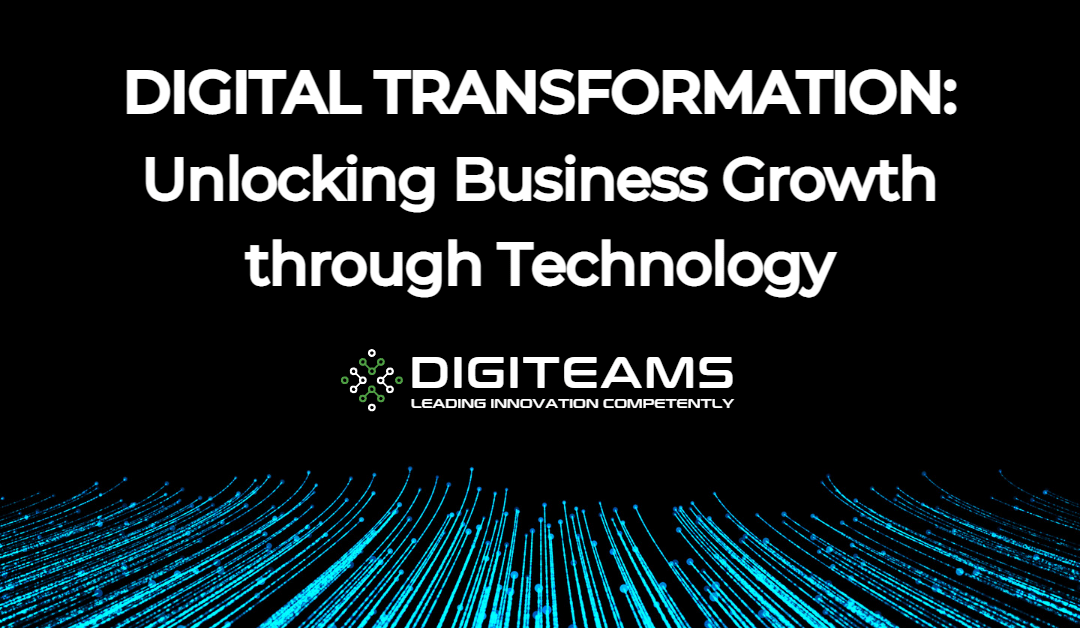Digital transformation is the integration of digital technology into all areas of a business, resulting in fundamental changes to how businesses operate and deliver value to customers. It involves a cultural shift in how businesses think about and use technology, allowing them to become more efficient, innovative, and customer-centric. The benefits of digital transformation are undeniable, with businesses that embrace it seeing improved operational efficiency, increased revenue, and better customer engagement.
The Shift Required for Digital Transformation
However, digital transformation is not just about implementing new technology; it also requires a fundamental shift in how businesses operate. It involves creating a culture of innovation, collaboration, and continuous learning, where employees are empowered to use technology to drive change and solve problems.
The Importance of Clean Data in Digital Transformation
One critical aspect of digital transformation is the need for clean data. Data is the lifeblood of digital transformation, and businesses that do not have clean, accurate data will struggle to achieve the full potential of digital transformation. Clean data is data that is accurate, consistent, and up-to-date, and can be used to drive insights, inform decision-making, and improve business processes.
Clean data is essential because it allows businesses to make better decisions. With accurate data, businesses can identify trends, predict outcomes, and make informed decisions that drive growth and profitability. Inaccurate data can lead to costly mistakes, missed opportunities, and lost revenue.
Clean Data and AI
Clean data is crucial for businesses that want to implement machine learning and artificial intelligence (AI) technologies. These technologies require large amounts of data to work effectively, and the accuracy of the data is critical to their success. Inaccurate data can lead to flawed predictions and decisions, rendering the technology useless.
The importance of clean data in digital transformation cannot be overstated. Businesses that want to achieve success in their digital transformation efforts must prioritise data cleanliness and invest in the necessary tools and processes to ensure their data is accurate and up-to-date. This includes implementing data governance policies, using data quality tools, and investing in data cleansing services.
